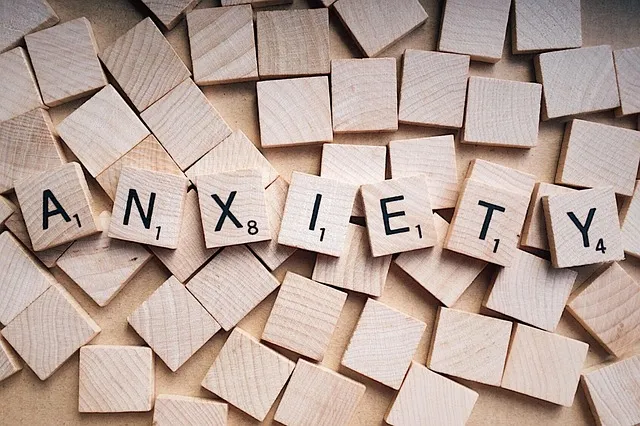Kaiser Permanente Northglenn integrates Social Skills Training (SST) into their holistic mental health care approach, addressing the often-overlooked social aspects of well-being. SST focuses on communication, relationship building, and problem-solving, empowering both clients and healthcare providers with strategies to navigate social interactions confidently. Through community outreach, podcasts, and journaling exercises, this program fosters self-awareness, cultural sensitivity, and meaningful connections, ultimately promoting mental wellness for diverse individuals within and outside the clinic walls.
Social skills training is a powerful tool within the mental health support framework, particularly in helping individuals navigate social interactions more confidently. This article explores the concept, highlighting its significance and practical applications for managing mental health conditions. We delve into how programs like Kaiser Permanente Northglenn’s integrated approach leverages social skills to enhance overall well-being. Understanding these strategies can empower folks dealing with mental health challenges to foster meaningful connections and lead more fulfilling lives.
- Understanding Social Skills Training: Its Role in Mental Health Support
- Kaiser Permanente Northglenn's Approach to Integrating Social Skills Training
- Benefits and Practical Applications for Individuals with Mental Health Conditions
Understanding Social Skills Training: Its Role in Mental Health Support

Social Skills Training (SST) plays a pivotal role in supporting individuals with mental health conditions, particularly those managed by organizations like Kaiser Permanente Northglenn. SST is designed to help people improve their ability to interact and connect with others, which can significantly impact their overall emotional well-being. By focusing on communication, relationship-building, and social problem-solving skills, this training addresses the social aspects of mental health that often go overlooked.
In today’s fast-paced healthcare environment, where Burnout Prevention Strategies for Healthcare Providers are essential, SST can serve as a game-changer. Emotional Well-being Promotion Techniques incorporated into SST can empower individuals to navigate social situations with more confidence and resilience. Moreover, encouraging Mental Wellness Journaling Exercises as part of the training allows participants to reflect on their interactions, fostering self-awareness and personal growth.
Kaiser Permanente Northglenn's Approach to Integrating Social Skills Training

Kaiser Permanente Northglenn takes a holistic approach to mental health care, seamlessly integrating Social Skills Training into their comprehensive treatment model. This training goes beyond traditional therapy sessions, focusing on practical strategies for individuals to navigate social interactions with confidence and ease. By fostering a supportive environment, Kaiser Permanente empowers its clients to build meaningful connections, improve communication, and enhance their overall mental wellness.
The organization’s dedicated team collaborates closely with patients, tailoring the training to address unique challenges. Through interactive workshops and group discussions, they teach essential skills like active listening, assertiveness, and emotional regulation. Furthermore, Kaiser Permanente Northglenn leverages its Community Outreach Program Implementation and Mental Wellness Podcast Series Production to extend support beyond the clinic walls. These initiatives ensure that individuals equipped with social skills can actively participate in their communities, fostering a sense of belonging and promoting sustained mental health improvement.
Benefits and Practical Applications for Individuals with Mental Health Conditions

Social skills training offers significant benefits for individuals living with mental health conditions, as recognized by organizations like Kaiser Permanente mental health Northglenn. By learning and practicing essential social interaction techniques, people can enhance their overall mental wellness. This type of training enables them to navigate social situations more comfortably, build meaningful connections, and improve communication skills. As a result, they may experience reduced symptoms of anxiety and depression, increased self-confidence, and better coping mechanisms.
In practical terms, these training programs can foster cultural sensitivity in mental healthcare practice, ensuring that diverse individuals feel understood and supported. The lessons learned can be applied in everyday life, such as improving relationships with family, friends, and colleagues. This tailored approach to mental health awareness not only promotes individual growth but also encourages a more inclusive community where everyone feels valued and empowered to seek help when needed.
Social skills training, as integral part of mental health support, offers individuals with conditions like those managed by Kaiser Permanente Northglenn valuable tools for enhancing their interactions and overall well-being. By integrating these strategies into care plans, professionals can foster a sense of belonging, boost confidence in social settings, and ultimately improve the quality of life for those facing mental health challenges.






